Product Description:
Flowserve Logix 3200MD Digital HART Positioner
The Flowserve Logix 3200MD Digital HART Positioner is engineered with advanced piezoelectric technology, ensuring exceptional performance and reliability. This state-of-the-art positioner offers easy configuration through multiple options, making setup and adjustments simple and efficient.
Designed for high-precision control, the Logix 3200MD is the ideal choice for applications requiring precise valve positioning and enhanced system performance.
Features:
The device is equipped with local status LED's that allow for quick and easy monitoring of its current status.
Furthermore, the device features local DIP switches and calibration buttons for added convenience during setup and configuration.
The device's auto tuning capabilities make use of dynamic gain selection, allowing for optimal performance even in changing environments.
The device makes use of HART 5, enabling it to communicate with other compatible devices and allowing for remote monitoring and configuration.
Lastly, calibration of the device is made simple through its user-friendly local interface, making setup and maintenance quick and hassle-free.
Technical Parameters:
| Diameter Nominal |
2.5 |
| Ambient Temperature |
-20°C To +60°C |
| Connection |
Flange,Clamp,Thread, Sanity Thread |
| Condition |
New And Origin |
| Hysteresis |
0.2% |
| Industries |
Power,Chemicals,Water,Oil & Gas,General Industries,Mining |
| Model Number |
Logix 3200MD |
| Accuracy |
±1%,±1.6% |
| Product |
Smart Valve Positioner, Valve Positioner, Masoneilan Digital Positioner |
| Customized support |
OEM |
Applications:
Power
The power industry involves the production and distribution of electricity or power, which is used to operate various machines, devices, or systems in homes, businesses, and industries.
Conventional Steam
Conventional steam power plants typically use fossil fuels, such as coal, oil, or natural gas, to create steam and generate electricity. These plants have been in use for decades and are still commonly used today.
Combined Cycle
Combined cycle power plants use both gas and steam turbines to generate electricity, resulting in higher efficiency and lower emissions compared to conventional steam plants. These plants are becoming increasingly popular due to their lower environmental impact.
Concentrated Solar Power (CSP)
CSP plants use mirrors or lenses to concentrate sunlight and create heat, which is then used to generate electricity. This renewable energy source is becoming more popular due to its low carbon footprint.
Biomass & MSW
Biomass power plants use organic materials, such as wood chips or agricultural waste, to generate electricity. MSW (Municipal Solid Waste) plants use household garbage as a fuel source to create power.
Geothermal
Geothermal energy plants use the natural heat from within the earth to generate electricity. This renewable energy source has a low environmental impact and is considered a sustainable solution for power production.
Chemicals
The chemical industry produces a wide range of chemicals that are used in various applications, such as manufacturing, agriculture, and consumer products. Chemical plants convert raw materials into finished products through a series of chemical reactions.
Basic (Organic & Inorganic)
Basic chemicals are the building blocks of the chemical industry and include organic and inorganic chemicals, such as acids, bases, and solvents. These chemicals are used as raw materials for various manufacturing processes.
Specialty (Fine & Consumer)
Specialty chemicals are produced in smaller quantities and are used for specific applications, such as cosmetics, pharmaceuticals, and electronics. Fine chemicals are high-purity chemicals used in the production of pharmaceuticals
Biofuels
Biofuels are derived from renewable organic matter, such as plant material or animal waste, and are used to power vehicles and machinery. They are becoming increasingly popular as a sustainable alternative to fossil fuels.
Pharmaceutical
The pharmaceutical industry produces medicines and other healthcare products, such as vaccines and medical devices. These products go through a series of rigorous testing and approval processes to ensure their safety and effectiveness.
Petrochemicals
Petrochemical plants convert crude oil into a wide range of chemicals and products, including plastics, fertilizers, and synthetic fibers. These products are used in various industries, such as construction, automotive, and packaging.
Water
The water industry involves the management and distribution of water resources, such as drinking water and wastewater. Water treatment plants are used to purify water and remove contaminants before it is distributed to consumers.
Water Management
Water management involves the planning, development, and maintenance of water resources, such as dams, reservoirs, and irrigation systems. This includes managing water usage and conservation, as well as addressing water scarcity and quality issues.
Oil & Gas
The oil and gas industry involves the exploration, extraction, and production of crude oil and natural gas. These resources are used to power various industries and are also a major source of revenue for many countries.
Upstream Exploration & Production
The upstream sector of the oil and gas industry involves the exploration and production of these resources. This includes drilling wells and extracting raw crude oil and natural gas.
Midstream Transportation
The midstream sector of the oil and gas industry involves the transportation of these resources through pipelines, tankers, and other means. This includes processing and storage facilities.
Downstream Processing
The downstream sector of the oil and gas industry involves the processing and refining of these resources into usable products, such as gasoline, diesel fuel, and lubricants.
General Industries
General industries refer to a variety of manufacturing and processing industries, such as pulp and paper, steel, primary metals, food and beverage, and mining. These industries produce a wide range of products that are used in various applications.
Pulp & Paper
The pulp and paper industry involves the production of paper products, including paper, cardboard, and packaging materials. This industry relies on sustainable forestry practices to ensure a steady supply of raw materials.
Steel & Primary Metals
The steel and primary metals industry involves the production of metals, such as steel, aluminum, and copper. These metals are used in various industries, such as construction, automotive, and electronics.
Food & Beverage
The food and beverage industry involves the production of food products, such as packaged foods, beverages, and snack foods. This industry is subject to strict regulations and standards to ensure food safety and quality.
Mining
The mining industry involves the extraction of minerals and other valuable resources from the earth, such as coal, metals, and precious stones. This industry is often subject to environmental concerns and regulations due to the impact of mining operations on local ecosystems.
Support and Services:
The Control Valve Positioner product is a high precision device that is used to control the position of the valve stem in order to achieve accurate flow control. Our product technical support and services for this product include:
- Installation and commissioning support
- Product training and education
- 24/7 technical support and troubleshooting
- Calibration and maintenance services
- Product upgrades and retrofits
- On-site repair and replacement services
Our team of experts are dedicated to providing exceptional customer service and ensuring that your Control Valve Positioner product operates at peak performance at all times.
Packing and Shipping:
Product Packaging:
The Control Valve Positioner product will be packaged in a sturdy cardboard box with appropriate cushioning material to ensure safe transportation. The box will be labeled with the product name, quantity, and handling instructions.
Shipping:
The product will be shipped via a reliable courier service such as FedEx or UPS. Customers will be provided with a tracking number to monitor the delivery status of their order. Shipping costs will be calculated based on the destination and weight of the package.

 Your message must be between 20-3,000 characters!
Your message must be between 20-3,000 characters! Please check your E-mail!
Please check your E-mail!  Your message must be between 20-3,000 characters!
Your message must be between 20-3,000 characters! Please check your E-mail!
Please check your E-mail! 
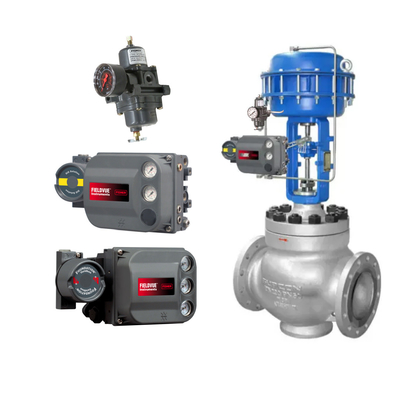
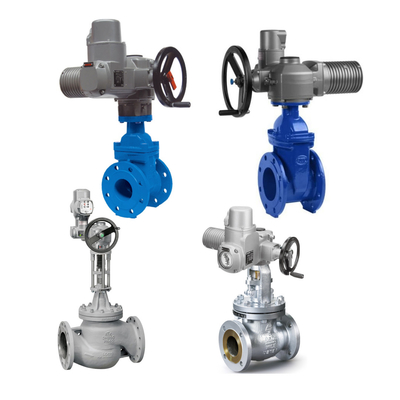
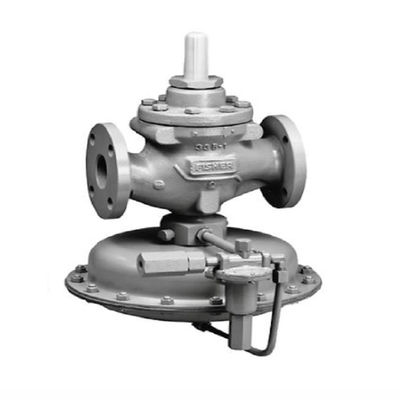
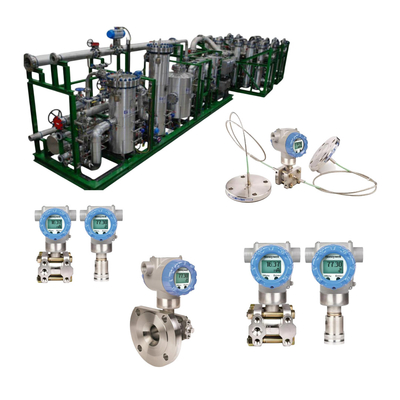
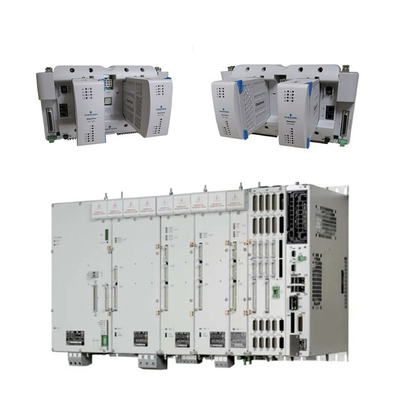
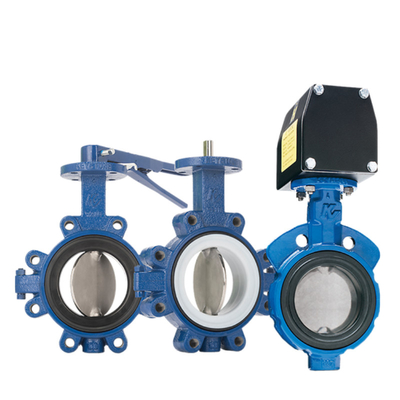
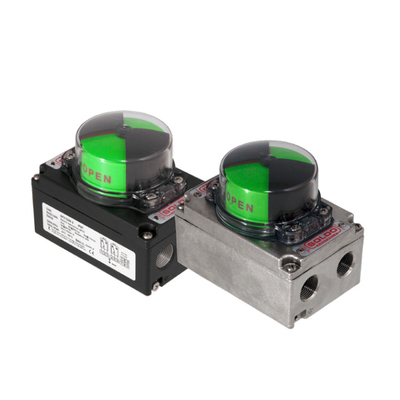
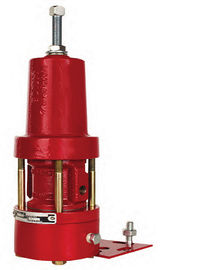
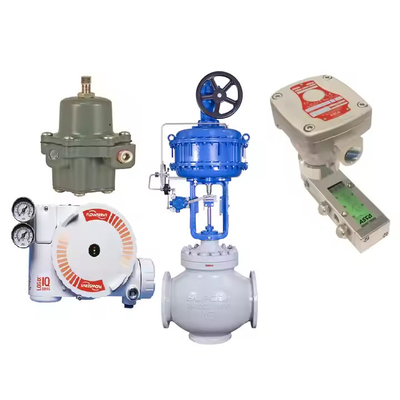
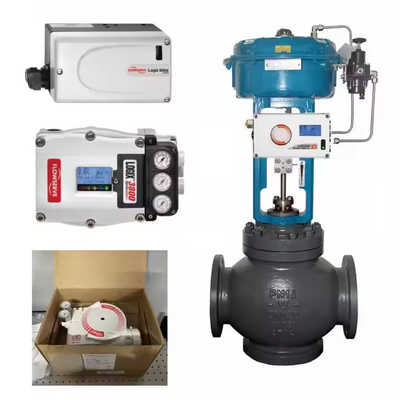

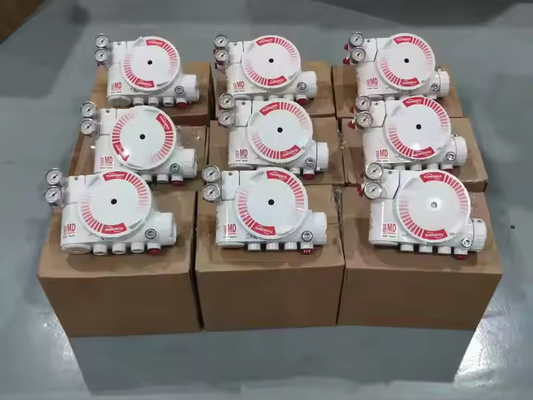
Overall Rating
Rating Snapshot
The following is the distribution of all ratingsAll Reviews